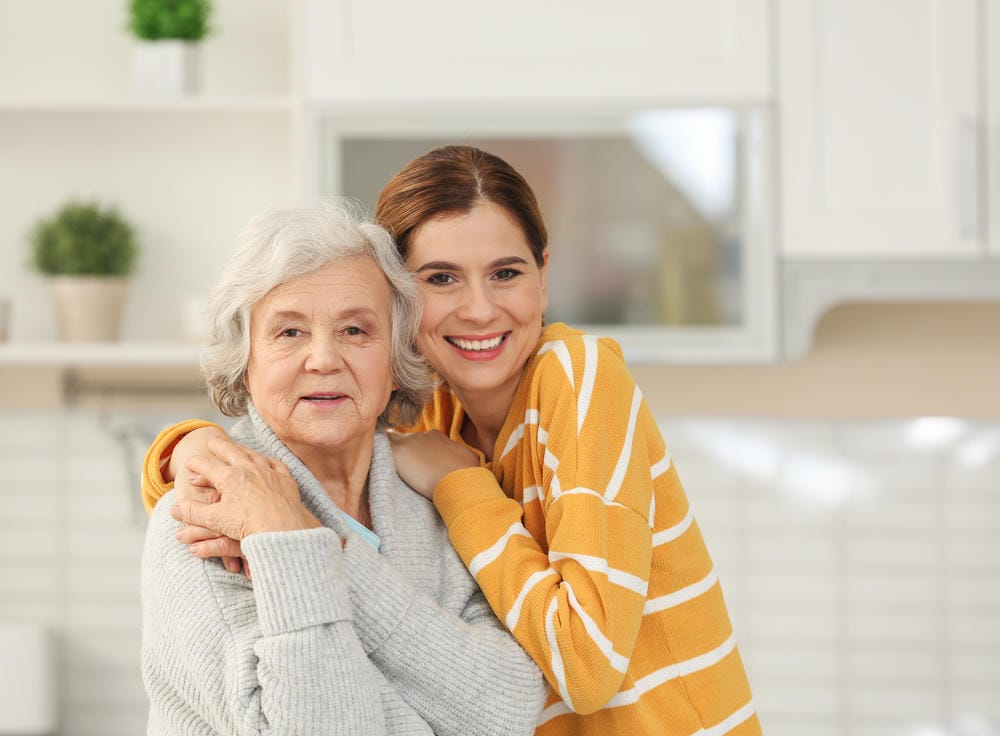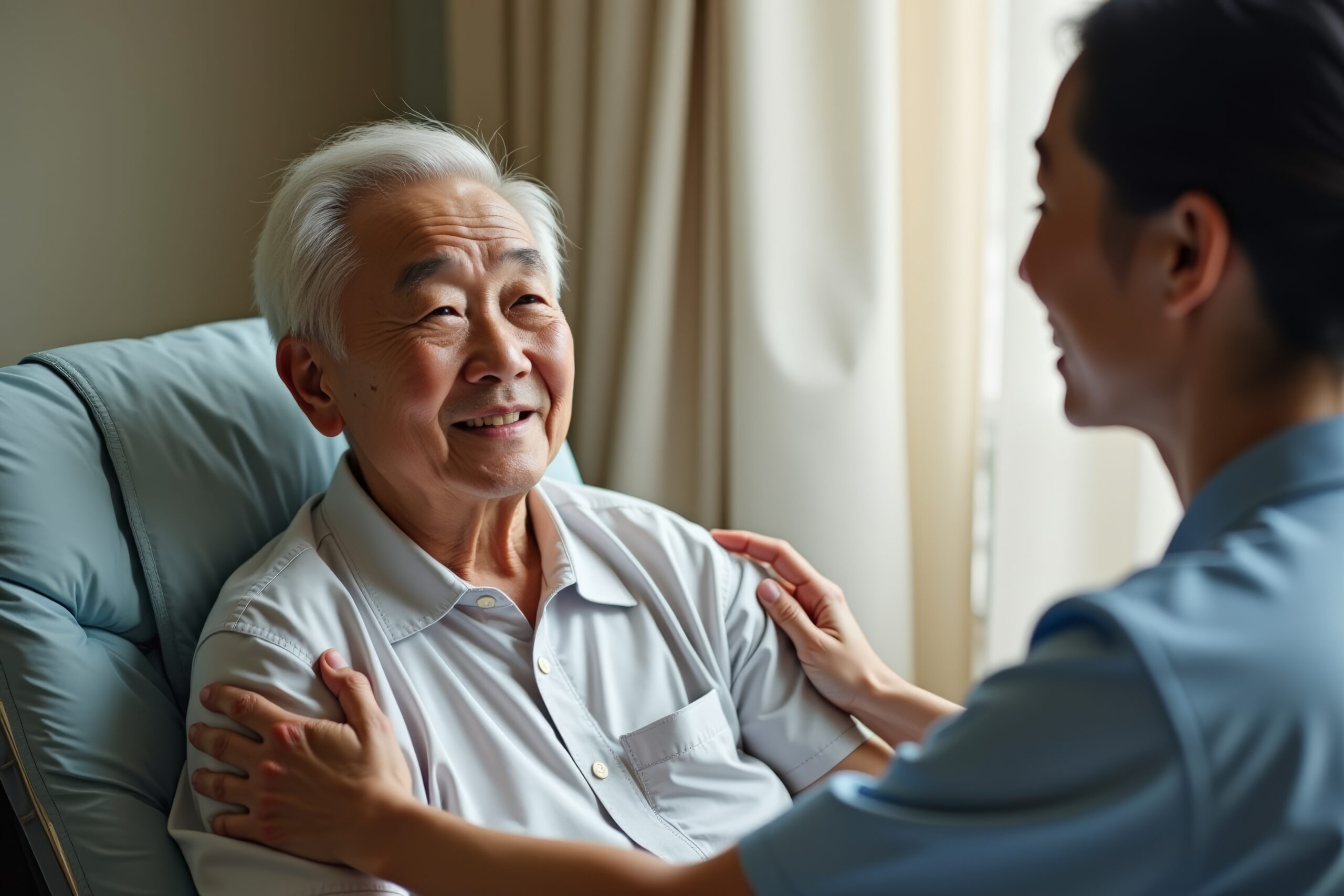
Table of Content
Post-stroke recovery can often be challenging and multifaceted, requiring a combination of medical, emotional, and practical support. Home care plays a vital role in ensuring stroke survivors can regain independence and achieve the highest possible quality of life. Let’s explore how home care contributes to managing the complex process of recovering from a stroke.
Ensures a Safe and Comfortable Environment
One of the first priorities in post-stroke recovery is creating a safe and comfortable environment at home. Many stroke survivors face mobility challenges or cognitive difficulties, making safety modifications crucial. Home care providers often assess living spaces to recommend adjustments such as:
- Installing grab bars in bathrooms and along stairways
- Removing tripping hazards like loose rugs and clutter
- Setting up medical equipment, such as hospital beds or wheelchairs, in an accessible manner
A well-prepared home can drastically reduce the risk of falls or accidents, promoting recovery in an environment where the stroke survivor feels most at ease.
One of the most challenging tasks of helping an elderly relative age in place safely and comfortably is researching agencies that provide home care service. Columbus families can turn to Assisting Hands Home Care for reliable, high-quality in-home care for aging adults. We offer 24-hour care for seniors who require extensive assistance, and we also offer respite care for family caregivers who need a break from their caregiving duties.
Assists with Activities of Daily Living
Stroke survivors often experience difficulty with performing basic daily activities like dressing, bathing, and eating. Home care professionals provide hands-on support with these tasks, ensuring both safety and dignity.
This type of assistance can significantly alleviate stress for both stroke survivors and their families. It also helps stroke survivors conserve their energy for rehabilitation exercises or activities that aid in their recovery.
When recovering from a stroke, your loved one is likely to need some assistance around the house. If your elderly loved one is living with a serious medical condition and needs help managing the tasks of daily living, reach out to Assisting Hands Home Care, an elderly home care agency you can trust. Our caregivers are available 24/7, there are no hidden fees in our contracts, and we offer a 100% satisfaction guarantee on all of our in-home care services.
Support for Rehabilitation and Therapy
Rehabilitation is a critical aspect of stroke recovery, often including physical, occupational, or speech therapy. Home care providers work closely with therapy teams, reinforcing prescribed exercises and activities within the home setting.
For example, caregivers may help stroke survivors practice mobility exercises between physical therapy appointments or assist with communication tasks as directed by a speech therapist. This consistent engagement enhances therapy outcomes and allows stroke survivors to progress more rapidly.
Provides Emotional and Psychological Support
Recovering from a stroke can be emotionally taxing, often leading to feelings of frustration, anxiety, or depression. Home care providers offer more than just physical assistance. They also provide companionship and emotional support that helps stroke survivors maintain a positive outlook.
Caregivers are trained to create a nurturing environment, offering encouragement during difficult times and celebrating small victories along the recovery path. A stable source of emotional support can make a world of difference to both recovery outcomes and the stroke survivor’s overall wellbeing.
Offers Family Education and Relief
Home care isn’t just about helping the stroke survivor. It also supports and educates families. Many families are initially unprepared for the demands of caregiving, which can lead to burnout or stress over time.
Professional caregivers can guide families on proper techniques for assisting their loved ones, from transferring them safely to recognizing signs of complications. Additionally, home care provides much-needed respite for family members, allowing them some time to rest and recharge without feeling guilty.
Recovering from a stroke, managing the symptoms of Alzheimer’s, and a variety of other health-related situations can make it difficult for a senior to continue living at home without someone there to help. Columbus, OH, live-in care professionals are trained to help seniors who need 24/7 assistance. With the help of an around-the-clock caregiver, your elderly loved one can maintain a higher quality of life while aging in place. For compassionate, reliable in-home care, trust the experienced professionals from Assisting Hands Home Care. Reach out to one of our dedicated Care Managers today to learn about the high quality of our in-home care services.








